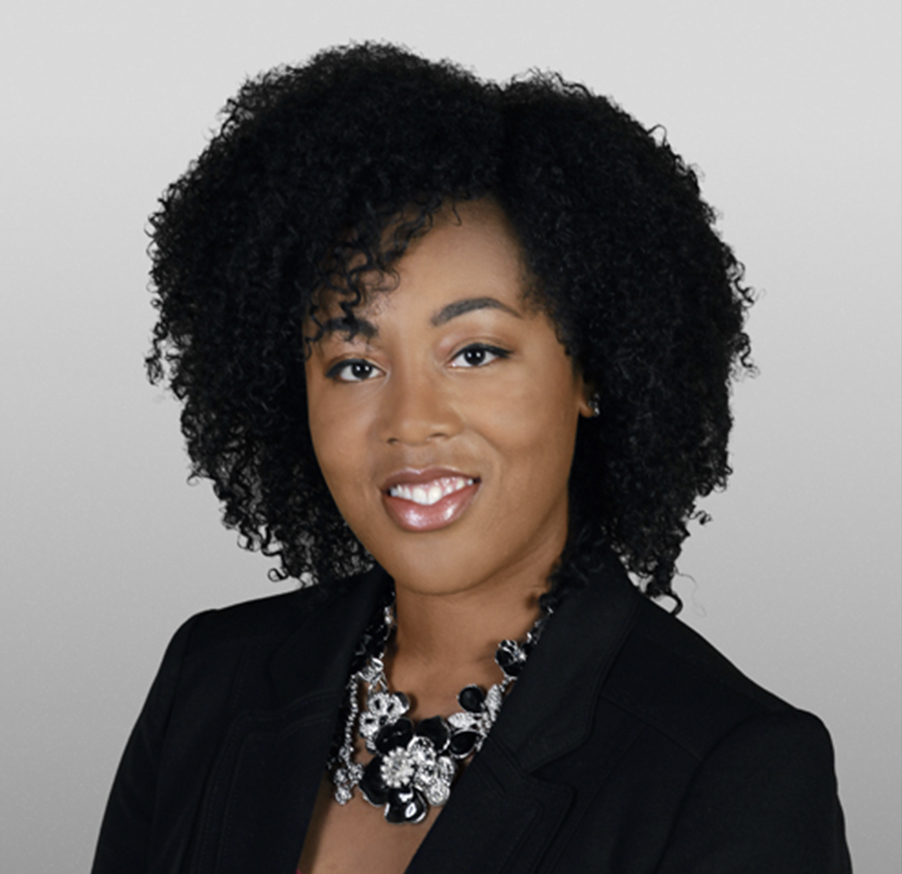
As a youth pastor, I have never encountered a Christian education curriculum like it. The program encourages students to love themselves fully and deeply. Its impact is invaluable.
What do you see as the value of the program?
The Youth Hope-Builders Academy is intentionally designed for African American youth. As a youth pastor, I have never encountered a Christian education curriculum like it. The program encourages students to love themselves fully and deeply. Its impact is invaluable.
How was your experience working with Youth Hope-Builders Academy?
My experience was wonderful! The lessons were easy to follow and adaptable for my context. The students were engaged, and it was evident that they enjoyed, and were challenged by, the experience. The initial training provided by Dr. Anne Wimberley and her team was phenomenal as well. We were able to hear success stories from congregations and organizations of varying sizes, and the stories of alum drove home the significance of this program.
What was the best thing about your experience?
The best thing about working with YHBA was the youth. The students were creative, insightful and bold. The beauty of this curriculum is that it can reach the shyest of kids. I often found that more reserved students tended to share the most. The youth were empowered to share their thoughts, and their confidence grew as their voices were affirmed.
How did you see students change during and after their participation?
The body image and conflict resolution sections were most impactful for our congregation. The students wrestled with societal beauty standards that they could quickly recognize as well as others that they thought they were actively avoiding, particularly the boys.
The young men realized that they received messaging about their hair and bodies in some of the same ways that young women did. They, too, fell prey to manipulating their hair to be accepted (i.e., getting texturizers to loosen their curl patterns, wearing close haircuts or using multiple hair products to achieve the look of waves).
After the program, I noticed that some students began to embrace their natural hair texture and were gentler with themselves and their bodies. Fat-shaming also decreased.
The conflict resolution section allowed students to identify their conflict resolution styles and adapt them as needed. The attention that YHBA gives to intracultural and intercultural conflict is incredibly helpful. It allows youth to navigate the racism and white supremacy they face within society and how that impacts their interactions with one another in their community. All youth seemed to walk away with increased self-awareness and compassion.
What do you think students learned about themselves, the world or ministry through this experience?
Youth Hope-Builders Academy is a truly holistic program. It deals intimately with the entire person: emotional, spiritual, psychological and physical. Youth are encouraged to love themselves for who they are, and to actively fight against societal pressures to change or confirm in negative ways. As they grow in self-love, they also learn how to love others better and see themselves as connected to a broader community.
Do you feel students are better equipped for their next step or stage of life after attending?
I do think that students are equipped for their next stage in life. The program gave them increased confidence and helped several to assert themselves. Some students have also gone on to serve in leadership positions in youth ministry, the larger church and their communities.
How did this experience shape your career or ministry engagement in general?
YHBA requires "multiple hands and heads." Working alongside lay members who were dedicated to youth and their spiritual formation was great. It helped to strengthen me as a facilitator and enhance the experience for the students.
What advice would you give to someone who wants to lead a program like this?
My advice for someone leading this type of program would be to journey through the YHBA curriculum yourself, before leading students. It is essential to revisit your past and to negotiate emotions before facilitating the experience for others. This helps leaders to truly facilitate and not to “bleed” on the students due to unresolved trauma and psychological wounds. I found the experience to be quite healing myself.